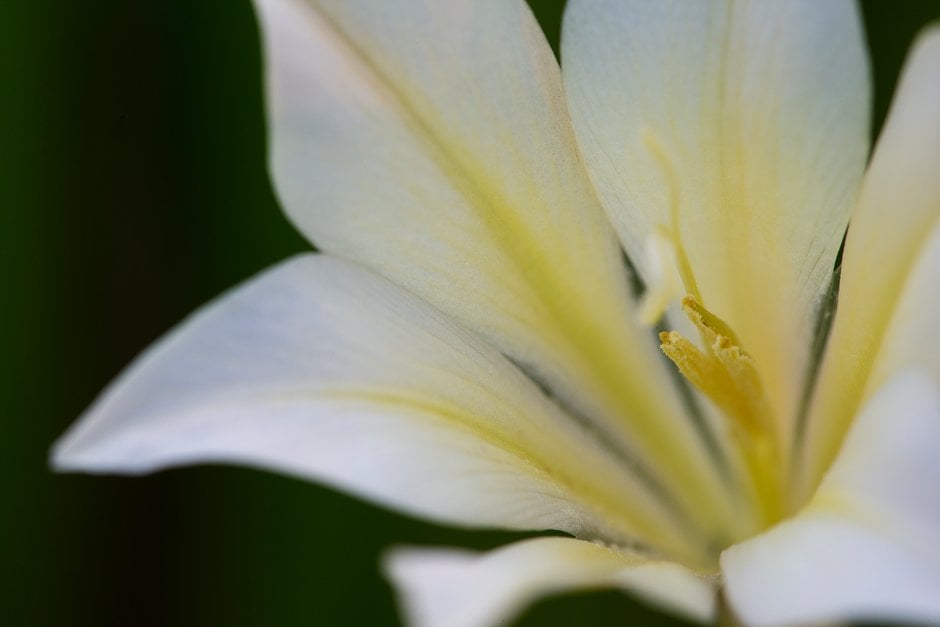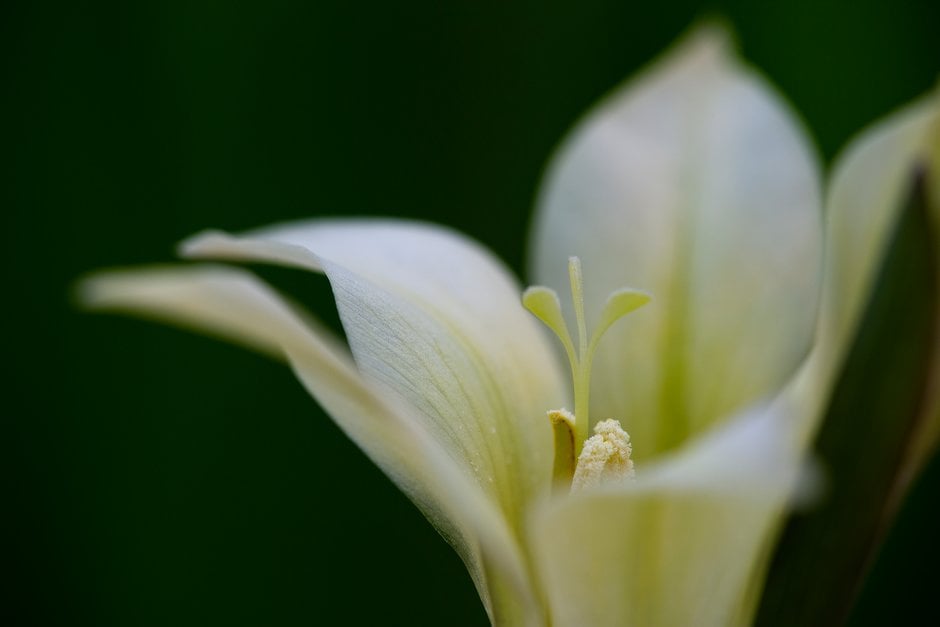Gladiolus tristis
marsh Afrikaner
A cormous perennial to around 90cm tall with dark green, narrow, upright, linear leaves. Funnel-shaped, creamy-white flowers flushed with green or pale yellow open progressively up long, wiry stems in the summer; the flowers emit a delicate scent in the evening
Size
Ultimate height
0.5–1 metresTime to ultimate height
2–5 yearsUltimate spread
0–0.1 metreGrowing conditions
Moisture
Well–drainedpH
Acid, Alkaline, NeutralColour & scent
| Stem | Flower | Foliage | Fruit | |
| Spring | Green | |||
|---|---|---|---|---|
| Summer | Cream Green Yellow White | |||
| Autumn | Green | |||
| Winter | Green |
Position
- Full sun
Aspect
West–facing or South–facing
Exposure
Sheltered Hardiness
H4Botanical details
- Family
- Iridaceae
- Native to GB / Ireland
- No
- Foliage
- Deciduous
- Habit
- Columnar upright
- Potentially harmful
- Ornamental bulbs, not to be eaten. Wear gloves and other protective equipment when handling. Pets: Harmful if eaten. For further information and contact numbers regarding pets, see the HTA guide to potentially harmful plants
- Genus
Gladiolus are cormous perennials with fans of sword-shaped or linear leaves and spikes of funnel-shaped flowers
- Name status
Correct
- Plant range
- South Africa
How to grow
Cultivation
Grow in well-drained soil, or pots of free-draining compost, in a sunny, sheltered position; allow to go dry and dormant in summer
Propagation
Propagate by seed or by separating cormlets when dormant
Suggested planting locations and garden types
- Cottage and informal garden
- Gravel garden
- Patio and container plants
- Cut flowers
- Flower borders and beds
Pruning
No pruning required
Pests
May be susceptible to gladiolus thrip, aphids and slugs
Diseases
May be susceptible to gladiolus corm rot, grey moulds (Botrytis), Fusarium bulb rot, gladiolus core rot, gladiolus dry rot, gladiolus scab and neck rot, fungal leaf spot, and virus diseases
Love gardening
Sign up to receive regular gardening tips, inspiration, offers and more
View our Privacy Policy
Get involved
The Royal Horticultural Society is the UK’s leading gardening charity. We aim to enrich everyone’s life through plants, and make the UK a greener and more beautiful place.

